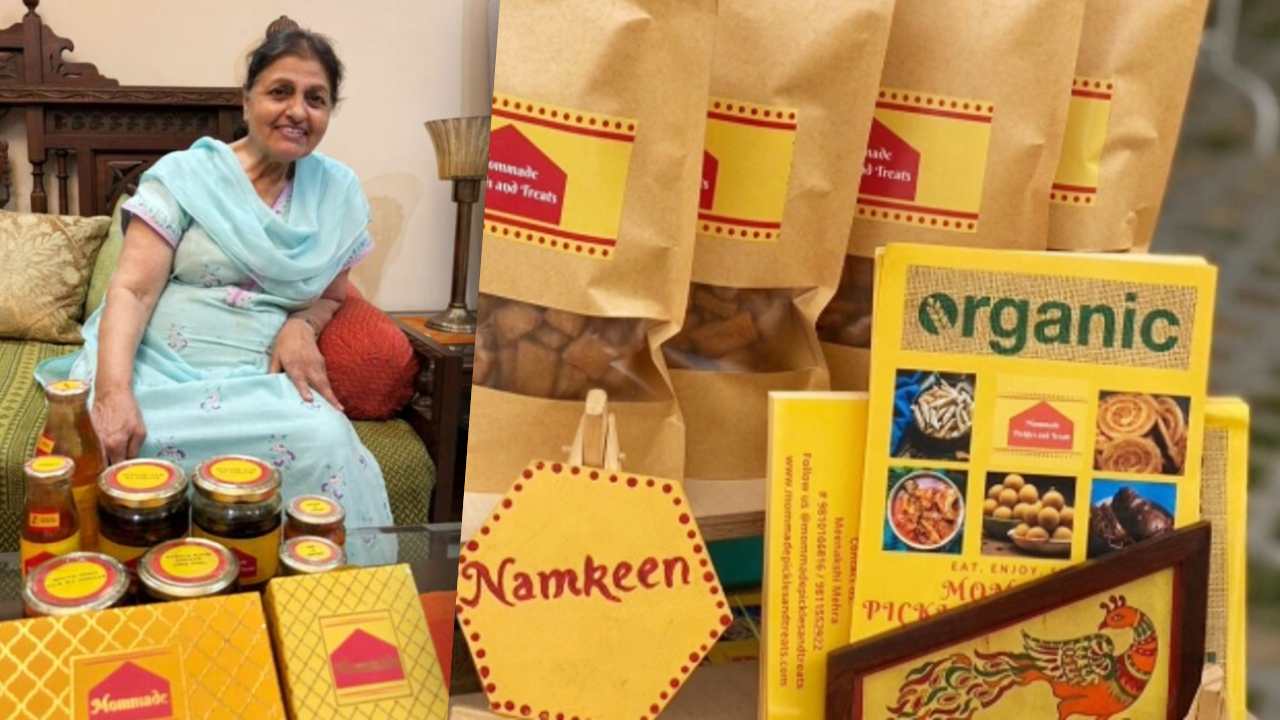The Indian government has recently implemented a significant increase in import duties on key cooking oils, including soybean, sunflower, and palm oil, effective from September 14. This strategic move aims to support domestic farmers and stabilize the falling prices of oilseeds in the local market. Data from the government indicates a continuous decline in refined oil prices for the past 18 months, with a reported drop of 4.6% in August 2024 alone. As a result of declining prices, there has been a notable surge in palm oil imports, with a 30% increase in the first half of 2024 compared to the previous year. Additionally, imports of sunflower seeds and cotton oil have risen sharply, by 55% during the same period.
Impact of Increased Import Duties
In a bid to prevent financial losses for farmers, the Finance Ministry issued a notification on September 13 detailing new customs duties. The basic customs duty on raw soybean, sunflower, and palm oil has been escalated from zero to 20%. Furthermore, the duty on refined oils has seen a significant jump from 12.5% to 32.5%. As a result of these changes, the effective duty on raw soybean, sunflower, and palm oil now stands at 27.5% instead of the previous 5.5%, while refined oils are now taxed at 35.75% compared to the earlier 13.75%.
| Type of Oil | Previous Duty | New Duty |
|---|---|---|
| Raw Soybean | 0% | 20% |
| Sunflower Oil | 0% | 20% |
| Palm Oil | 0% | 20% |
| Refined Oils | 12.5% | 32.5% |
Domestic Oilseed Production and Import Trends
Currently, about 70% of India’s oilseed requirements are met through imports. The previous low duty on imported oils was aimed at shielding consumers from inflationary pressures during periods of escalating global commodity prices. However, the government has decided to shift this approach to ensure that farmers do not suffer from plummeting markets.
In line with this initiative, farmers have responded positively, increasing their oilseed cultivation. According to the latest data up to September 12, the area under oilseed cultivation has risen by 1.2%, reaching a total of 1.92 crore hectares. This increase promises better yield potential for farmers amid the government’s new duty framework.
Boosting Exports in a Changing Market
In addition to raising import duties, the government has taken another crucial step by lifting the minimum export price limit on onions. This move is anticipated to enhance exports, providing further financial relief to farmers, particularly in Maharashtra—a key agricultural state that is preparing for upcoming assembly elections.
In summary, the government’s recent policy changes signify a robust response to the fluctuating agricultural market, aiming to protect domestic farmers while addressing the complexities of global supply and demand in the oilseed and cooking oil market.










